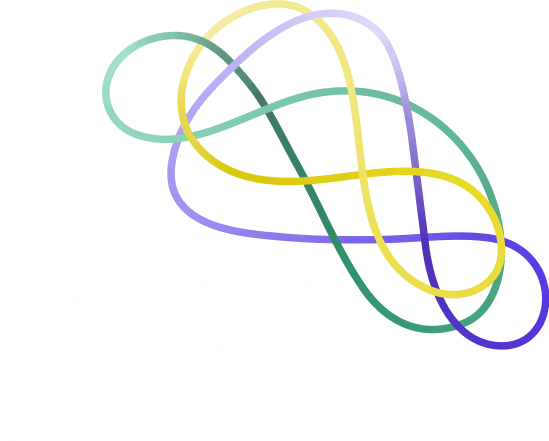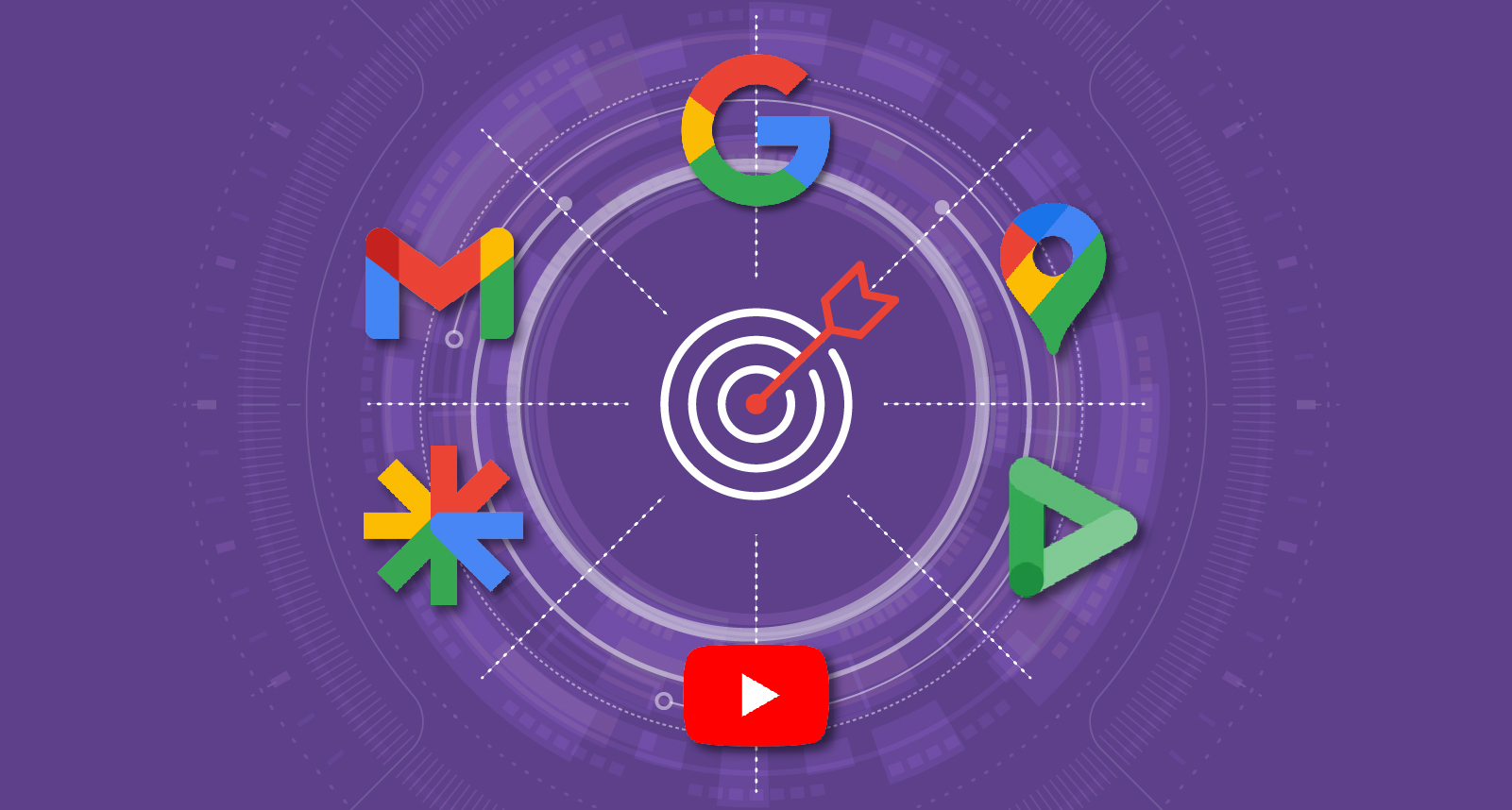A marketing campaign consists of a group of activities all working towards one common strategic business goal. Campaigns will encompass all kinds of marketing channels from email marketing to search engine optimisation and paid search amongst many others. The channels you choose for each campaign will be determined by the overall campaign goal. Common reasons businesses run marketing campaigns are a new product launch, reinforcing a brand or in a bid to acquire new business.
Types of Marketing Campaigns
There are several campaign types, which one you choose will be contingent on the goal you’re trying to reach with your marketing efforts.
You may find that of the different types of campaigns, they may well overlap. This is commonly known as multichannel marketing when you interact with your customers on various platforms. We have detailed some of the more popular campaign types below:
Traditional Media Campaign
An original form of marketing to consumers started early on in the 20th century, the evolution has taken many forms but the tactics are still used and are successful in society today. Examples include radio advertising, billboards, TV adverts, flyers and direct mail. We were fortunate enough to work with Rochdale Borough Council on the Dippy the Diplodocus UK tour project, output here included print design, Out-of-home-advertising (OOH), direct mail and many more services that fall under the traditional media umbrella.
Digital Marketing Campaign
To run a digital marketing campaign, you’ll need to have an online presence – a website, social media accounts, access to digital analytics platforms such as Google Analytics and various other things. This type of campaign involves lots of moving parts as numerous marketing channels are now classed as digital. It could contain elements of Search Engine Marketing (SEM), Search Engine Optimisation (SEO), social media marketing or email marketing to name a few.
What is the purpose of a marketing campaign?
The first step in understanding the purpose of the campaign you are planning for is to define the goal. What is the main reason you are running the campaign? What are your objectives and what do you want to achieve? Although every business is different there are prevailing reasons for marketing campaigns:
Brand Awareness Campaign
Campaigns to build brand awareness can benefit a company no matter what stage it’s at. A start-up could run a brand awareness campaign to get its name out there and help to identify its USP and how it stands out from the competition to the target audience. An existing brand may benefit by introducing a new product or service. Brand awareness campaigns also strengthen trust and help to create associations between a business and the target audience, encouraging repeat business.
Reengagement Marketing Campaigns
This group of people would’ve signed up to communications or purchase products and services from you so don’t let them fall by the wayside. Reengagement campaigns are a great way to reduce churn with existing customers. They can also be useful at providing the opportunity to reintroduce your business to the user. Equally, if you have users with particularly low engagement you can choose to stop marketing to them to protect your sender reputation (avoid mailbox providers from moving your mail to the dreaded spam folder).
Promotion of new products or services
A classic reason to plan a marketing campaign is to align with the launch of a new product or service. The purpose of this kind of campaign would be to spread awareness on why your customers need what you are trying to promote.
Lead generation
The main objective of a successful campaign is to do just what it says on the tin, generate leads. The process involves identifying prospective users to sell or market to in advance of creating the campaign so their preferences can dictate the content and messaging throughout the campaign. The overall aim is to build stronger relationships with your prospecting audience and generate business.
Examples of great marketing campaigns
In the past, we’ve identified several of our favourite marketing campaigns. Since then, especially during the pandemic, there have been many more with tons of creativity injected. One thing campaigns during the pandemic all had in common was speaking of people’s pains, as we were and are all living and experiencing the same thing. This is something that is not usually the case when it comes to campaign planning.
Some campaigns are annually anticipated by many. Over the past several years a wave of seasonal campaigns pops up every year that we have most likely all become accustomed to. Started by John Lewis back in 2007, you might recall Monty the Penguin or Excitable Edgar from its Christmas adverts. Fast forward to 2021 and a host of other retailers now join in the race with the likes of ALDI and McDonalds to name a couple.
Arguably the reason the John Lewis adverts are a hit every year is that it speaks to the audience. There are always elements of bringing people together, the pressures of gifting, relationships and so on – some things that many of us have in common or are experiencing during this time of year.
How to run a successful marketing campaign
Success won’t be defined by running a campaign across all marketing channels. This strategy would most likely fail. You’ll want to be a master of a few rather than a jack of all trades. The key here is in selecting the right channels to encourage the growth of your business. As well as that, there are certain components of a campaign to have in place which will certainly increase your chances of success.
A common goal for the campaign will give each working part a purpose, all channels will be aligned. When it comes to evaluating success, this will also become a lot easier to do, did the campaign reach the goal or not?
Budgets are an important part of a campaign as without one you could overspend and would also not be able to calculate the return on investment from your marketing efforts. Set a budget that is realistic to reach your target audience but that’s not too big and would eat into profits.
With your target audience in mind, it is critical to develop a clear message that speaks to their needs and wants.
By measuring results, you can improve your marketing strategies and keep to budget. Tracking the campaign in flight will help you optimise it and deliver the best results. Reviewing things post-campaign will provide valuable insights on whether the goal was hit. Learnings can be made for improvements on future campaigns and justifications to continue investment in marketing.











